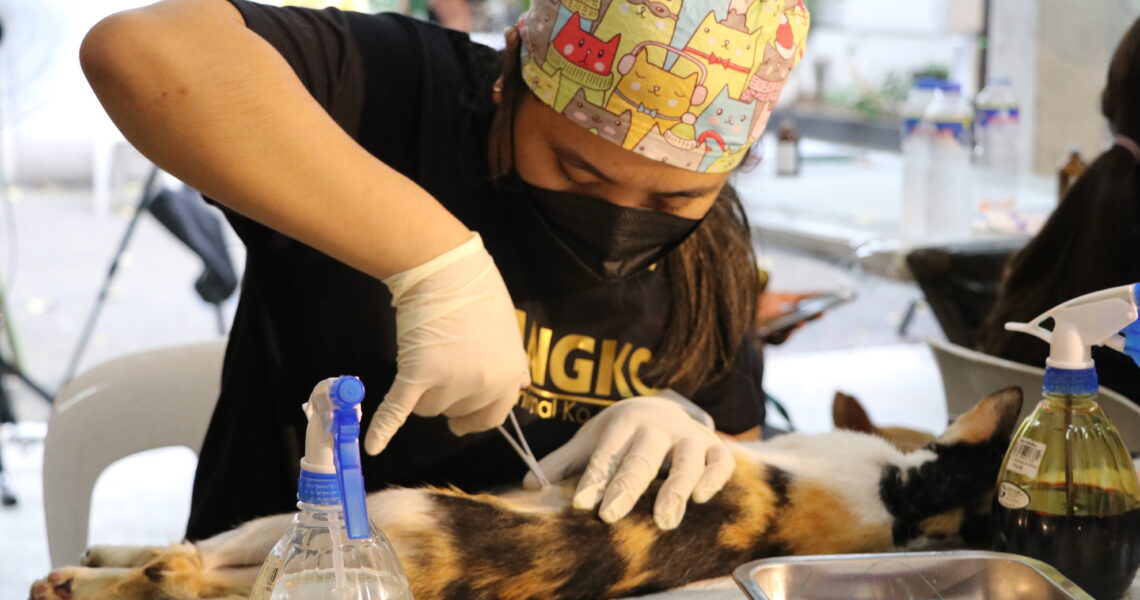Retained Placenta
Dogs – placenta retained beyond the immediate postpartum period; placentas usually passed within 15 minutes of birth of a puppy; may develop acute metritis secondary to retained placenta.
Cats – may retain placentas for days without signs of illness.
Extremely uncommon.
SIGNALMENT
Dog—rare, most common in toy dog breeds
Cat—rare
SIGNS
Historical Findings
Recent parturition.
Continued vulvar discharge of lochia.
Owner may note number of placentas passed, although this information is frequently unreliable.
Physical Examination Findings
Green lochia vulvar discharge
Palpation of firm mass in uterus—not always possible
Concurrent clinical signs of postpartum metritis
CAUSES & RISK FACTORS
Toy breed
Large litter size
Dystocia
DIAGNOSIS
DIFFERENTIAL DIAGNOSIS
Postpartum metritis—physical examination and vaginal cytologic examination show no signs of infection with uncomplicated retained placenta; metritis may develop concurrently.
Retained fetus—differentiated by radiography or ultrasonography.
CBC/BIOCHEMISTRY/URINALYSIS
Usually normal when uncomplicated
OTHER LABORATORY TESTS
Vaginal cytologic examination—parabasal epithelial cells; may note erythrocytes; biliverdin clumps.
IMAGING
Ultrasonography—echogenic but non-fetal mass within the uterus.
DIAGNOSTIC PROCEDURES
Celiotomy or hysterotomy—may be required for diagnosis.
TREATMENT
Outpatient for healthy bitch or queen.
Instruct owner to monitor temperature and observe for signs of systemic illness.
Ovariohysterectomy—curative; recommended if future breeding is not a consideration.
Surgical removal—indicated if medical treatment is unsuccessful and the bitch develops metritis.
MEDICATIONS
DRUG(S)
Oxytocin—known or suspected condition in otherwise healthy cats and dogs; dogs, 0.5 IU/kg IM up to 5 IU; cats, 0.5–1 IU IM. Oxytocin may be ineffective after 48 hours postpartum.
May precede oxytocin treatment with calcium gluconate (10%); dogs and cats, 0.5–1.5 mL/kg IV slow over 15 minutes; monitor for arrhythmia during injection.
CONTRAINDICATIONS/POSSIBLE INTERACTIONS
Do not give progestational drugs.
FOLLOW-UP
Monitor temperature and physical condition.
Acute metritis (dogs)—may develop if the placenta is not passed; fair to good prognosis for recovery with treatment.
Prognosis for future reproduction—good without metritis; fair to poor with metritis.
Visit your veterinarian as early recognition, diagnosis, and treatment are essential.

